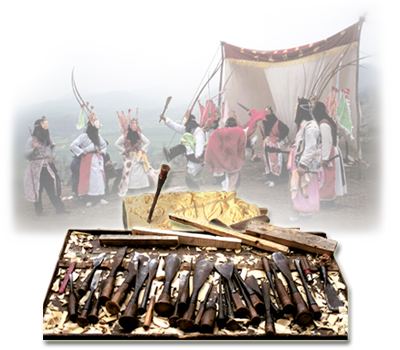
Basic Principles for Managing Intellectual Property
The following are basic principles adopted by the National Humanities Alliance’s (NHA) Library and Intellectual Property Committee on March 24, 1997 and revised slightly on September 5, 2002.
- Copyright law provisions for digital works should maintain a balance between the interests of creators and copyright owners and the public that is equivalent to that embodied in the 1976 Copyright Act. That legal balance was consonant with the educational ethic of responsible use of intellectual properties, promoted the free exchange of ideas, and protected the economic interests of copyright holders.
- Copyright law should foster the maintenance of a viable economic framework of relations between owners and users of copyrighted works.
- Copyright laws should encourage enhanced ease of compliance rather than increasingly punitive enforcement measures.
- Copyright law should promote the maintenance of a robust public domain for intellectual properties as a necessary condition for maintaining our intellectual and cultural heritage.
- Facts should be treated as belonging to the public domain.
- Copyright law should assure that respect for personal privacy is incorporated into access and rights management systems.
- Copyright law should uphold the principle that liability for infringing activity rests with the infringing party rather than with third parties. Institutions should accept responsibility for acts undertaken at their behest by individuals but should not be held liable for the acts of individuals--whether or not associated with the institution--acting independently. This principle is an essential underpinning for academic freedom.
- Educational institutions should foster a climate of institutional respect for intellectual property rights by providing appropriate information to all members of the community and assuring that appropriate resources are available for clearing rights attached to materials to be used by the institution.
- New rights and protections should be created cautiously and only so far as experience proves necessary to meet the Constitutional provision for a limited monopoly to promote the "Progress of Science and useful Arts."
- Copyright enforcement provisions should not hinder research simply because the products of a line of inquiry might be used in support of infringing activity.
Put it simply, the copyright of any work belongs to the creator, unless certain agreements are arranged before the creation of the work. Refer to NHA documents for details.
Retrieved September 24, 2006 from The National Humanities Alliance (NHA) http://www.nhalliance.org/ip/ip_principles_1997.html